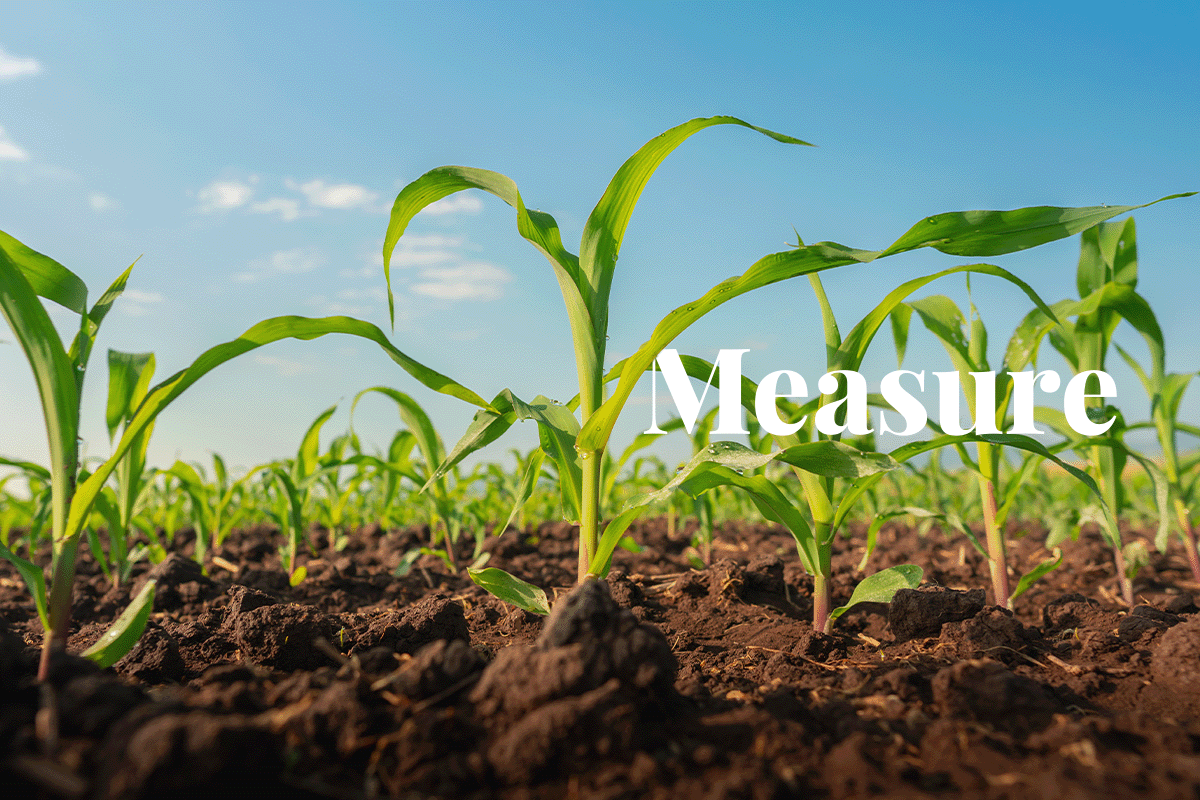The United States Agriculture Department has announced the establishment of a monitoring and data collection network with the objective of measuring greenhouse gas emissions and quantifying carbon capture in farming practices. This initiative, funded with $300 million from the Inflation Reduction Act, aims to assess the outcomes of climate-smart and regenerative agricultural practices, which are integral to the department's approach to combating climate change. The collected research and data will also be crucial in tracking progress towards President Biden's target of reducing greenhouse emissions by 50% before the end of the decade.
 Maize seedlings growing in an agricultural field.
Maize seedlings growing in an agricultural field.
The Inflation Reduction Act, signed into law last year, allocated $20 billion to enhance existing agricultural conservation programmes encouraging practices such as cover cropping and reduced tilling. Additionally, the department has provided substantial funding to farming projects that aim to reduce emissions by capturing carbon dioxide and storing it in the soil. However, critics argue that the effectiveness of these practices in mitigating climate change remains uncertain, as the amount and duration of carbon storage in the soil have not been determined.
To address these scientific uncertainties, the $300 million investment will establish a network to study carbon capture in soil across the country, create another network focused on greenhouse gas emissions, and improve models for measuring agricultural conservation programmes. The process of building these networks is expected to span eight years, with the collected data becoming publicly available one year after its collection.
Read more: How regenerative agriculture is transforming sustainable farming
Scott Faber, from the Environmental Working Group, praised this investment as a critical foundation. The move aims to address the limited knowledge regarding emission-reducing practices in the agricultural sector, which accounts for approximately 10% of national emissions. Current data collection systems suffer from gaps, outdated information, and a lack of specific details on individual farming practices. More accurate measurements of environmental effects could lead to increased market opportunities for farmers, such as higher prices for carbon credits or conservation easements.
Read more: Sensand accelerates digital farming with funding injection
The Agriculture secretary highlighted the importance of collecting substantial information to reinforce its credibility, which in turn would foster confidence, enable market development, and create income opportunities for farmers and producers while generating jobs in rural areas.
Overall, the Agriculture Department's new monitoring and data collection network aims to provide valuable insights into greenhouse gas emissions and carbon capture in farming practices. This initiative supports the expansion of income sources for small and mid-size producers.
At DGB Group, we take a comprehensive approach to sustainability, acknowledging that it extends beyond carbon sequestration. By leveraging cutting-edge technologies like AI, blockchain, big data, and drones, we ensure the development, measurement, and validation of exceptional nature-based projects. Through our projects, sustainable farming practices take centre stage, as we not only apply them within our projects, but also share these techniques with the local communities, so that their local environments can thrive in the long term. We invite visionary organisations to join us on the road to sustainability and build a greener, more sustainable future together.
Contact our experts to take action for our planet



